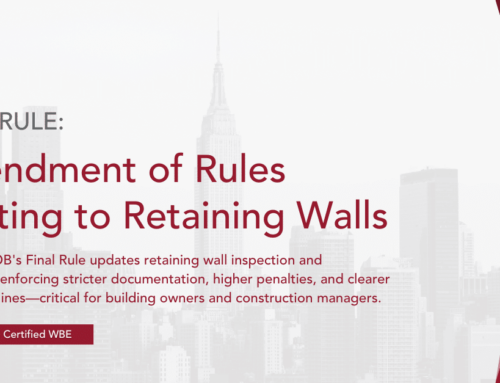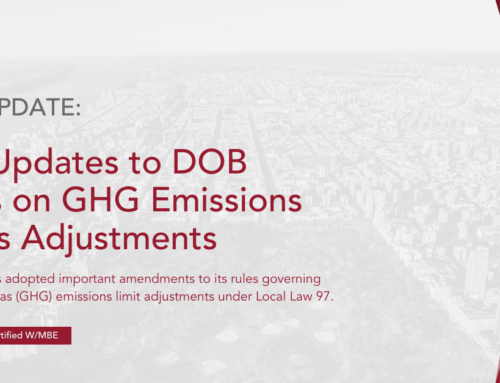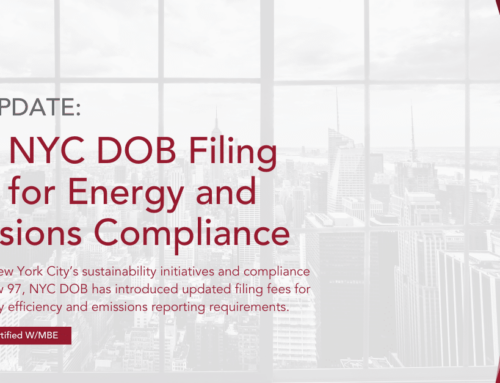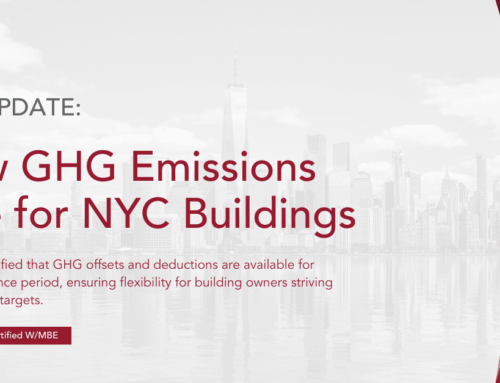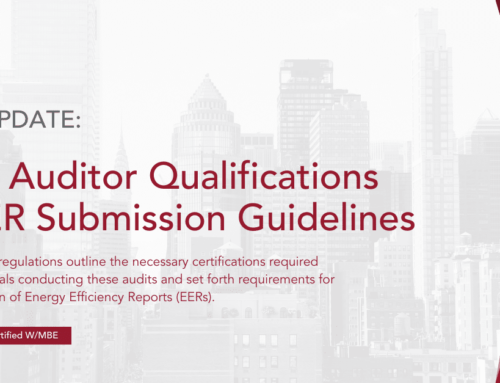From Crain’s New York…
Donald Trump’s upset presidential victory on Tuesday Nov. 8 sent ripples across financial markets and shocked the country’s political establishment, but the city’s real estate industry, where the Trump family made its fortune, remained unshaken.
Several industry executives predicted a Trump presidency would do little to upend years of rising real estate prices, foreign investment, and favorable tax breaks.
“We have a New York City real estate guy in the White House,” said Peter Hauspurg, the chairman and CEO of the commercial real estate brokerage Eastern Consolidated. “There’s a sense that he’s not going to pass policies that will hurt business, especially the one he came from.”
Among the concerns of a Trump presidency were promises he made during the campaign to stop the offshoring of American jobs, a pledge that his critics said could lead to trade tariffs and staunch the global flow of capital and investment. Foreign investment firms have been some of the biggest buyers of large real estate assets in the city and wealthy overseas homebuyers have helped spark a boom of ultra-luxury
housing development.
“I think that capital won’t stop one iota,” Hauspurg said.
Other real estate executives said Trump, who came under immense criticism for aggressively using the tax code to reportedly not pay federal taxes, would likely preserve controversial 1031 tax-free exchanges, which allow landlords to sell property without paying capital gains taxes if they plow the proceeds of a sale into other real estate investments. Trump was also viewed as unlikely to close a tax loophole
on carried interest, the profit-share that investment managers charge their investors on successful investments, even though he publicly opposed it. Those proceeds are taxed at the capital gains rate rather than at much higher income tax levels.
Real estate investment firms in the city commonly make their money principally by charging carried interest from the institutional investors whose money they successfully invest in real estate deals. The prospect of a higher tax rate on those proceeds was viewed as a blow to the industry.
“These policies are the underlying bedrock of the real estate industry and a Trump presidency is a positive thing in terms of preserving them,” a source said.
Experts on the residential side said that the market often takes a pause during seismic events in financial or political worlds, but that the election was unlikely to have any near-term effects on the New York City residential market, which has slowed down in comparison to the previous few years for a variety of factors.
The city will still be facing the same supply and demand issues that have led to a glut of high-end homes on both the rental and condo sides. The city’s dwindling financial services sector will continue to mean fewer people with the income to rent and buy these homes. Meanwhile, population growth in the five boroughs is likely to continue unabated, keeping demand high for non-luxury apartments.
“Those are really the factors that drive the market,” said Donna Olshan, president of Olshan Realty. “Who the president of the United States is—that’s an emotional component that people will digest.”
The Federal Reserve had appeared ready to bump up interest rates in the past few weeks, which might have tightened lending and the ability to finance the purchases of homes. But Jonathan Miller, head of appraisal firm Miller Samuel, does not see the Fed taking action anytime soon.
“I think you can bet that rates are going to remain low for a while at least, and that ultimately is a good thing for housing,” he said, noting that long periods of low interest rates are not necessarily a great thing for the overall economy.
In the longer term, relaxing the Dodd-Frank Act, which tightened capital requirements for banks, could potentially free up lending in the city but not for new residential projects, which have already slowed to a trickle due to oversupply concerns.
The city’s stock of public housing is also particularly vulnerable to changes on the federal level, since it is the biggest recipient of rent vouchers in the country, for example. The New York City Housing Authority has already been struggling with dwindling federal capital funds, and the dueling campaigns left these housing issues and others unaddressed.
“While programs like the low income housing tax credit and Section 8 vouchers were created as bipartisan initiatives, the Republican policy platform launched this year didn’t address affordable housing at all,” said Rachel Fee, executive director of the nonprofit New York Housing Conference. “We have no idea what to expect in terms of federal priorities.”
Read more from Crain’s New York…

